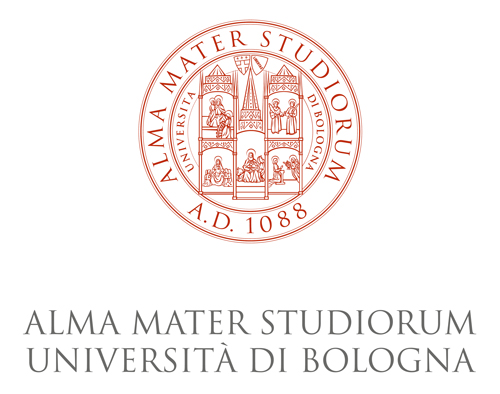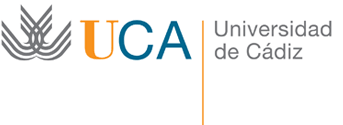

Erasmus Mundus Joint Master Degree
Water and Coastal Management
WACOMA



















WACOMA network represents a wide spectrum of complementary academic and scientific knowledge as well as labour market and policy makers oriented to the water and coastal environment and the management of risks, significantly related to the needs of their territory.
The WACOMA Consortium is composed by 3 European Higher Institutions: the University of Bologna acting as EMJMD Coordinating Institution, The University of Cadiz and the University of Algarve. The three Universities have a long-lasting cooperation background, thanks to previous research and teaching joint projects and programmes they integrate knowledge and objectives.
The EMJMC Programme is carried out in collaboration with EU and Non-EU Academic and Non-Academic Associated Partners who will contribute with their knowledge and skills transfer, offering lectures, teaching modules and/or Master's thesis subjects and research as well as with internship opportunities.
By bringing together enterprises, non-academic bodies and Universities, WACOMA aims at consolidating and developing new synergies and cooperative efforts around a shared theme, namely water and coastal risk management, under the threat of new emergencies related to global changes. This wide partnership will ensure international visibility towards stakeholders and will enhance future prospects and job opportunities to graduates.
The University of Bologna’s Internal Quality Assurance System aims to improve the quality of its Study Programmes.
The quality of a Study Programme lies in its ability to provide appropriate solutions for the expectations of anyone who is interested in the educational services available: students, families and the world of work.
The Internal Quality Assurance System regularly gathers and analyses important information – such as the number of students who graduate in line with the regular programme, or the employment situation of graduates - and based on this, plans concrete improvement actions. It is to all extents and purposes a self-assessment system.
The Internal Quality Assurance system aims to:
Information relating to individuals (personal data) is collected and used in accordance with the Regulation (EC) No 45/2001 of the European Parliament and of the Council of 18 December 2000 on the protection of individuals with regard to the processing of personal data by the Community institutions and bodies and on the free movement of such data, OJ L8 of 12.1.2001, p. 1.
The measures adopted by the University of Bologna
The website contains safety and health instructions aimed at the student community as well as a short informative video. Compliance with the issued provisions is of the utmost importance, especially when it comes to social distancing, use of personal protective equipment and health monitoring.
In Italy, provisions are in force to deal with the epidemiological emergency from COVID-19; among them there is the obligation of fiduciary isolation.
Read on the website of the Italian Ministry of Foreign Affairs and International Cooperation (MAECI) when there is an obligation of fiduciary isolation upon arrival in Italy. Go to the information questionnaire (in Italian).
Read on the website of the Italian Ministry of Health what to do during fiduciary isolation (in Italian).
During fiduciary isolation you cannot go to university desks, go to class, take tests, admission exams or any exams on site and generally attend university spaces for any purpose.
The violation of the fiduciary isolation obligation is sanctioned by Italian law.
During the first six months of a.y. 2020/21, the University of Bologna will offer blended teaching activities, held in classrooms but also accessible remotely. During the past months, the University has worked to ensure all classroom activities can resume for the greatest possible number of students, while complying with safety regulations and protocols.
The University is focusing on two aspects: on the one hand it is working on how to adapt classrooms using new technological infrastructure; on the other, it is implementing the transformations necessary to assist teachers in the process of constantly improving teaching methods.
To plan activities in compliance with health regulations, students will be asked to specify, using an application currently in development, the learning activities they intend to follow and the relevant method of attendance. Planning will start in September and will involve periods of two weeks, repeated regularly, to ensure maximum flexibility. This will allow to manage room capacity safely and efficiently and, if necessary, plan rotas. Each student will have their course timetable and the relevant method of attendance constantly updated.
Last update: 28 Oct 2020